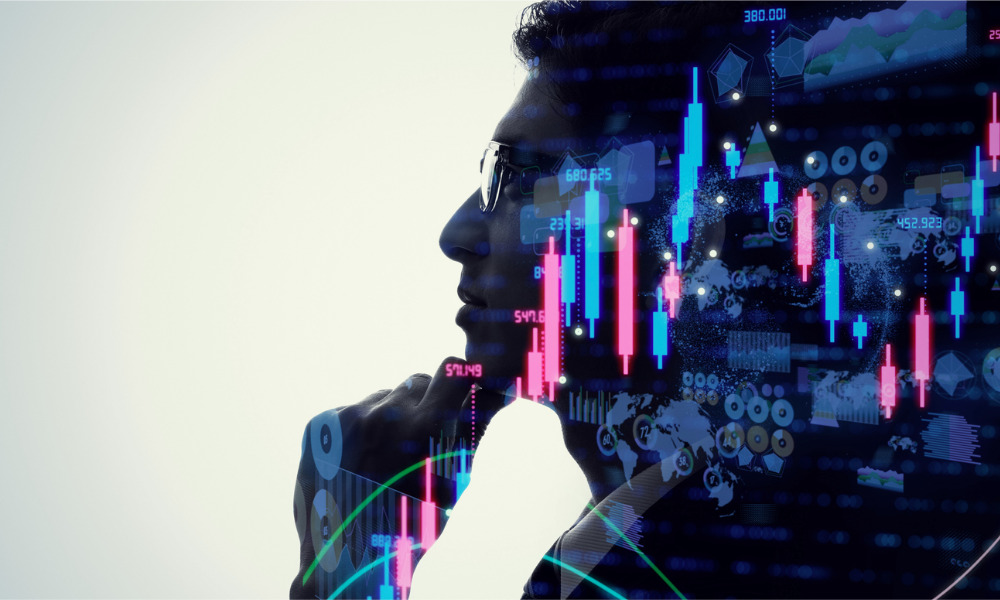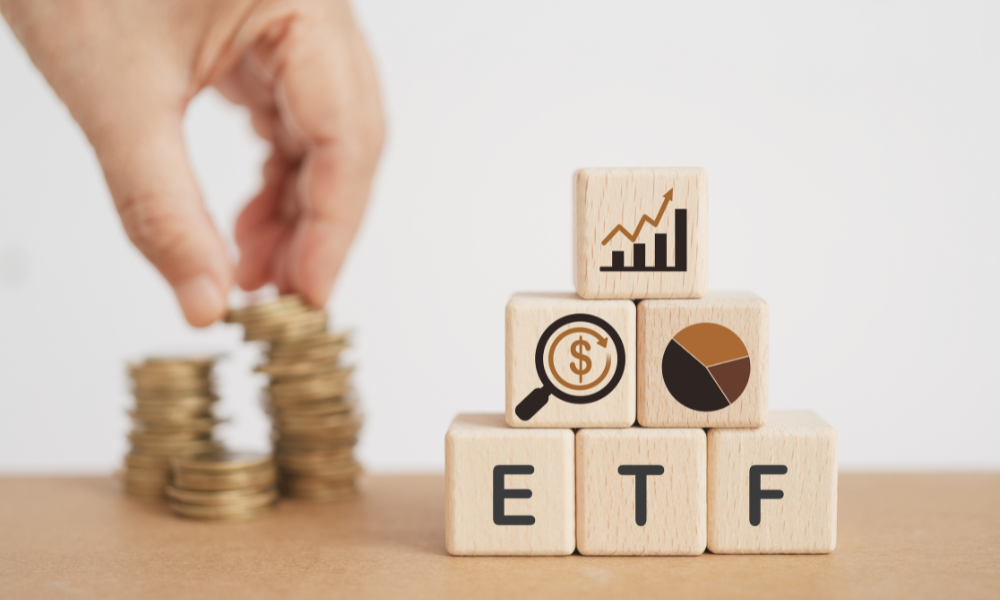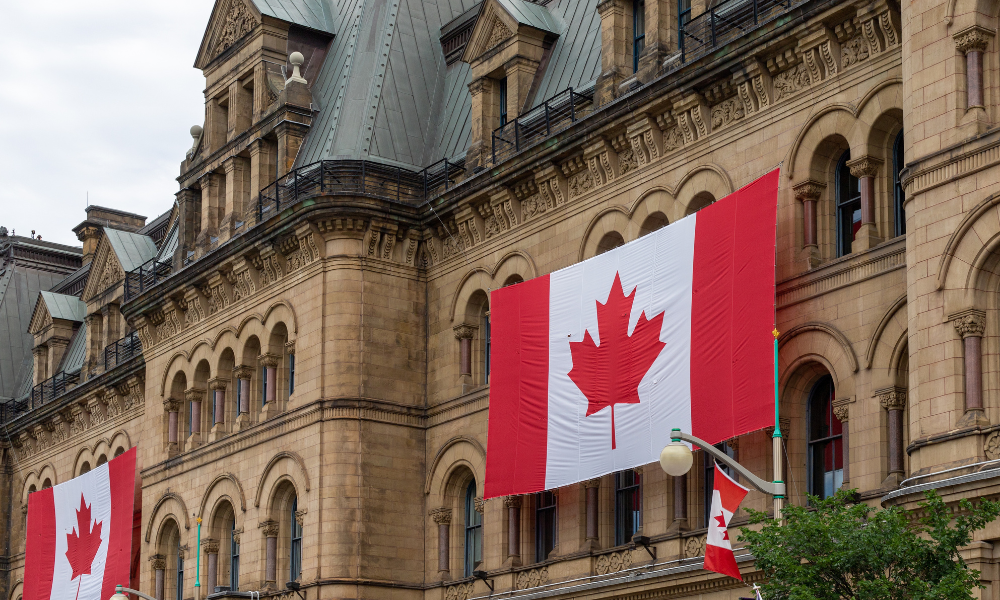CIO treads carefully despite record-breaking month and warns that no one seems ready for a negative event

November was the month that kept on giving. Was it because bedraggled investors were craving good news so badly or have things really turned a corner?
Either way, it was one for the record books. We saw the strongest monthly performance ever for the energy and industrial sectors, while it was also the best month ever for the Russell 2000 Index of small-cap stocks and the best month since 1987 for the S&P 500.
Greg Taylor, CIO at Purpose Investments, told WP that those who had decided to take down risk quickly found this to be the wrong move as everything that could go right, eventually did.
The outcome of the U.S. election may still be argued in the courts, but the split outcome between the house and the senate appears the best-case outcome for markets, with likelihood of a huge stimulus package but none of the baggage of taxes or regulation that would come with a blue wave.
Then there was the encouraging vaccine news, with the results from trials by Pfizer, Moderna and AstraZeneca/Oxford offering light at the end of a dark tunnel and the prospect of some return to normalcy. However, while Taylor welcomed these developments, he urged caution.
“What I have in the back of my head is 'have we pulled forward a lot of the returns we would have expected for 2021?'. Short term, I'm getting a little cautious that we might have gone a little too high post the November euphoria.”
He added: “It seems that no one is bearish. We certainly saw the big rebound in bullish sentiment in the last little bit and put-call ratios went down to one of its all-time lows. It feels like everyone is just scrambling to get into the equity markets.
“That’s the risk if something does go negative – no one’s ready for it and that could mean a fairly quick sell-off. I don't think there's anything necessarily negative out there but when everyone seems to have gotten all optimistic and prices in a lot of the good news, there is a bit of a risk of something negative happening that could surprise people.”
This is particularly pertinent when it comes to a vaccine. Details on how it will be deployed and to who first are yet to be laid out, while delays seem likely. There’s still a pandemic going on, warned Taylor.
“People may have jumped the gun a little bit here. [The pandemic] is still going to weigh on global growth in the near term and people are looking over the valley, and rightly so, but if it takes a little longer than everyone thought, maybe the rollout isn’t as smooth as some people are expecting; there are a few things out there that could derail the outcome.”
The CIO added that while the vaccine rally has been impressive, it may also prove to be the long-awaited catalyst for the rotation from growth to cyclicals. Upon the vaccine news, the biggest beneficiaries were seen in sectors that had suffered the most with the lockdowns – energy, consumer spaces and financials.
Taylor said these sectors have been ignored, with investors underweight, but that fairly aggressive earnings growth as demand picks up in the face of low supply could result in prices meet inflaltion as rates start to turn higher.
He said: “That's really going to catch a lot of people off guard from their asset mix. They have been really underweight areas that would benefit from rising rates. And that's something that I think has to be on everyone's radar going forward. We could see a rebound on those areas, as demand starts to pick up and the scarcity premium of some growth companies probably goes away."
He added: “We’re seeing pockets of it already where some companies are sold out of everything – you can't get a lot of recreational products. You saw the number of bicycles sold in the summer. People are taking what they would have spent on vacations and restaurants and other activities, and putting it towards buying things.
“The supply chains of these companies are hard to repair and harder to ramp up. We’re going see a lot more demand for commodities to replace this as people make more things to fill this gap."



